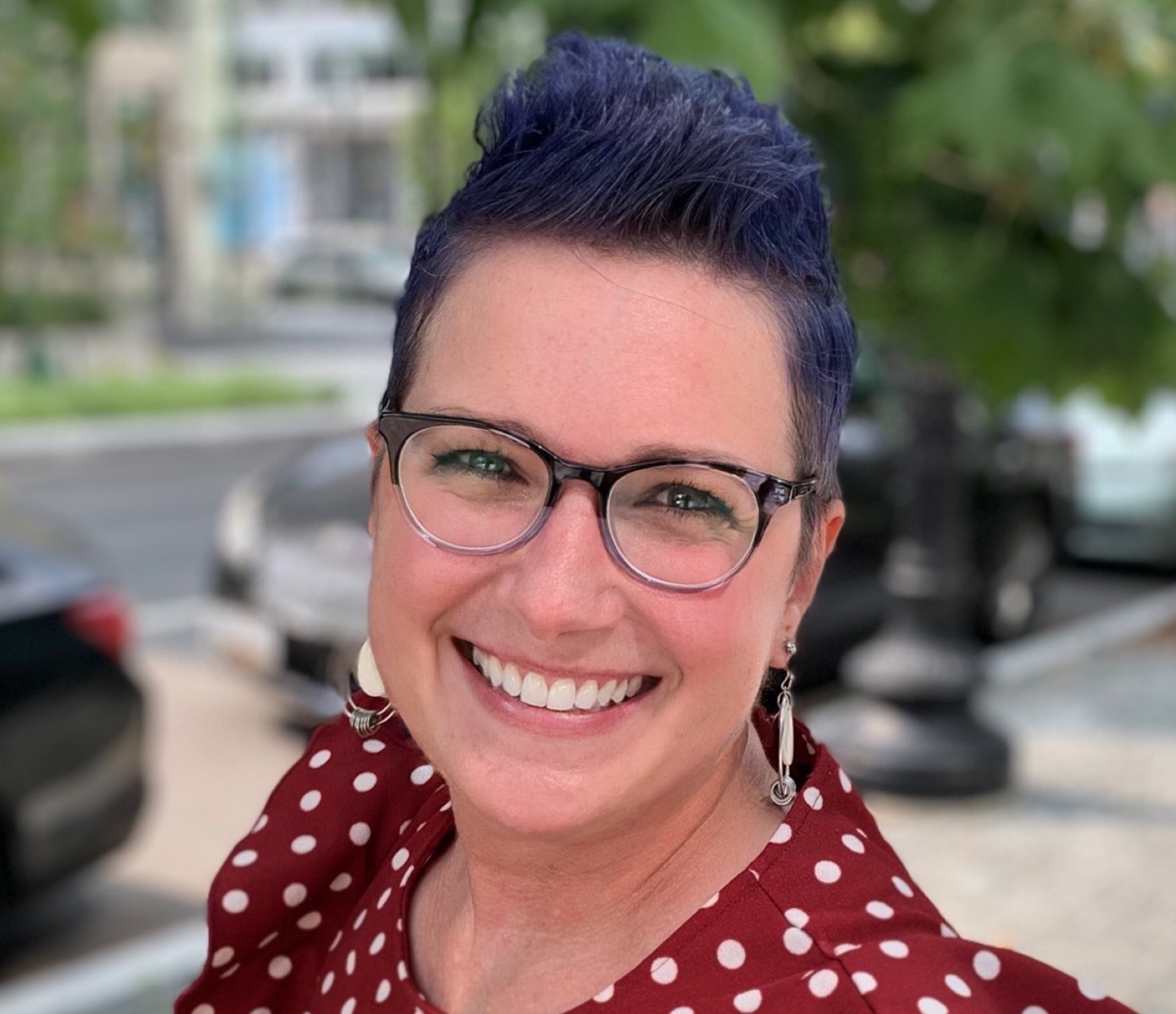Cell and Gene Therapies Hold Promise, but Stakeholders Must Overcome Challenges to Meet Their Full Potential
-
Nov 10, 2022
Researchers continue to make progress in developing cell and gene therapies that offer the promise of slowing a disease’s progression to even offering a potential cure to patients. And while these agents may offer hope to patients, some challenges exist, including access to the treatments. In order for these products to reach their full potential, stakeholders must work together to overcome these potential barriers.
With its Feb. 28 FDA approval, the Janssen Pharmaceutical Companies of Johnson & Johnson and Legend Biotech USA, Inc.’s Carvykti (ciltacabtagene autoleucel; cilta-cel) became the sixth chimeric antigen receptor T-cell (CAR-T) therapy approved in the U.S. In addition, the existing CAR-Ts continue to get additional FDA-approved indications added to their labels, including for use in earlier line settings. And in August and September alone, the FDA approved two bluebird bio, Inc. gene therapies: Zynteglo (betibeglogene autotemcel or beti-cel) and Skysona (elivaldogene autotemcel or eli-cel).
Read more© 2025 MMIT












